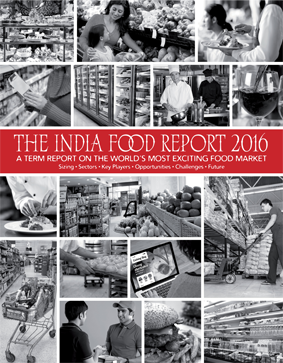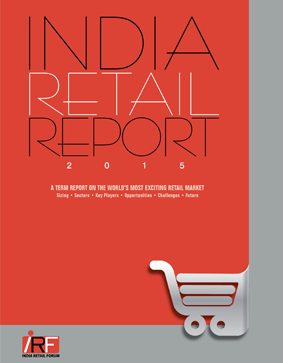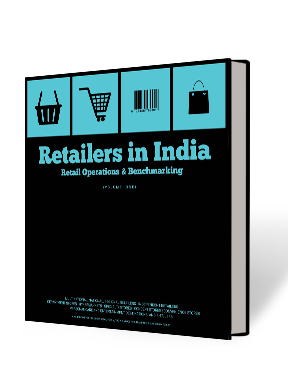Description
Today, the use of chemicals and other artificial agents for food production, ripening fruits and retaining the freshness of vegetables is all pervasive. Simultaneously, greater health-driven commitment from consumers is prompting them to buy more organic produce than ever before as it’s a natural fit with health & wellness concepts.
But the organic marketplace is still less than $0.5 billion. Organic manufacturers and retailers should come together to grow the category. The market is limited to the metros and localised to the health-conscious shopper. But it can grow at a CAGR of 20 per cent and above, subject to an increasing demand for beverages like organic tea and coffee and other organic products extending to rice, wheat flour, millets flour, pulses, ghee, cold pressed oils, and more.
To expand the market, retailers should act as docents for consumers who are becoming more demanding and expect greater transparency and narratives regarding product origin. A deeper interaction with customers will go a long way in explaining to them about the benefits of organic products and its production methods, the importance of organic labels, etc. At the same time, retailers should not be afraid to differentiate organic produce on their store shelves and help consumers in the product selection process.
Government sops for region-specific organic farming and support in the form of subsidies can play a major role in the consistent growth of the industry. Let us hope that in the years ahead, organic consumption will become a lifestyle choice and an ideological statement to make.









